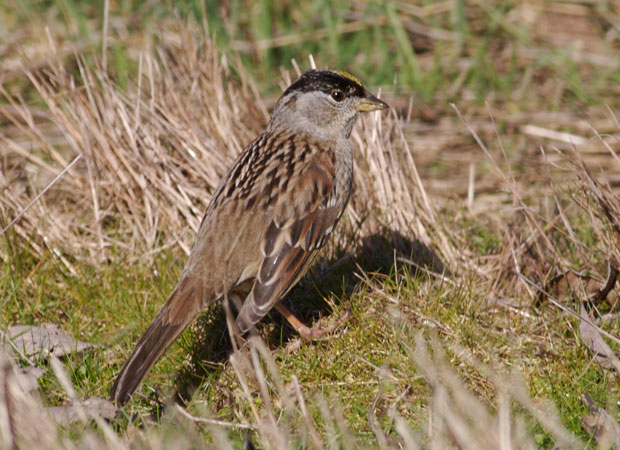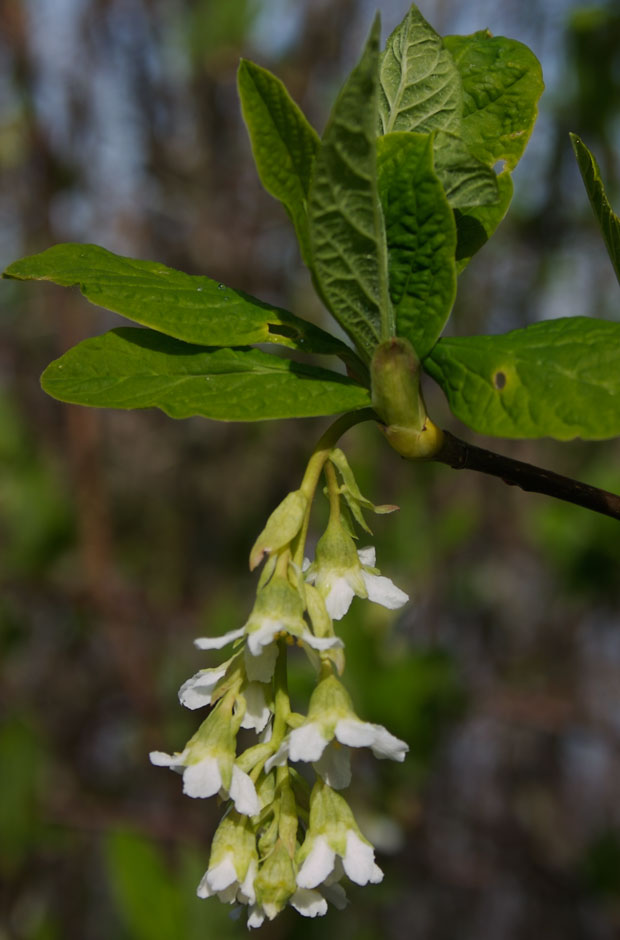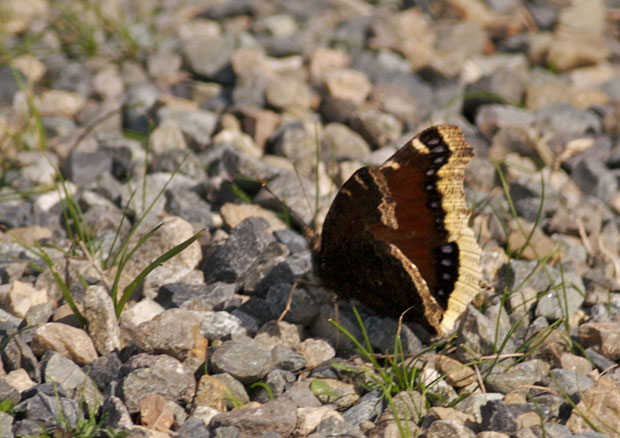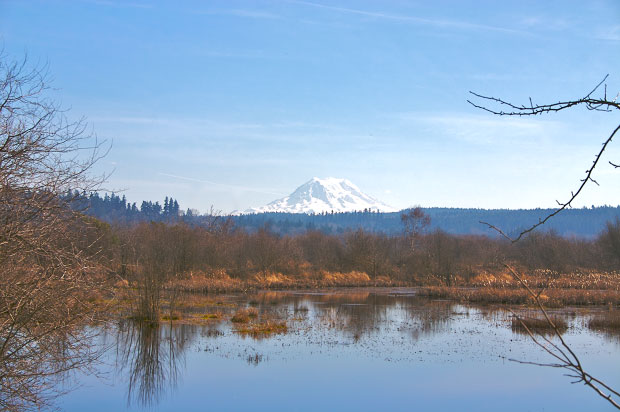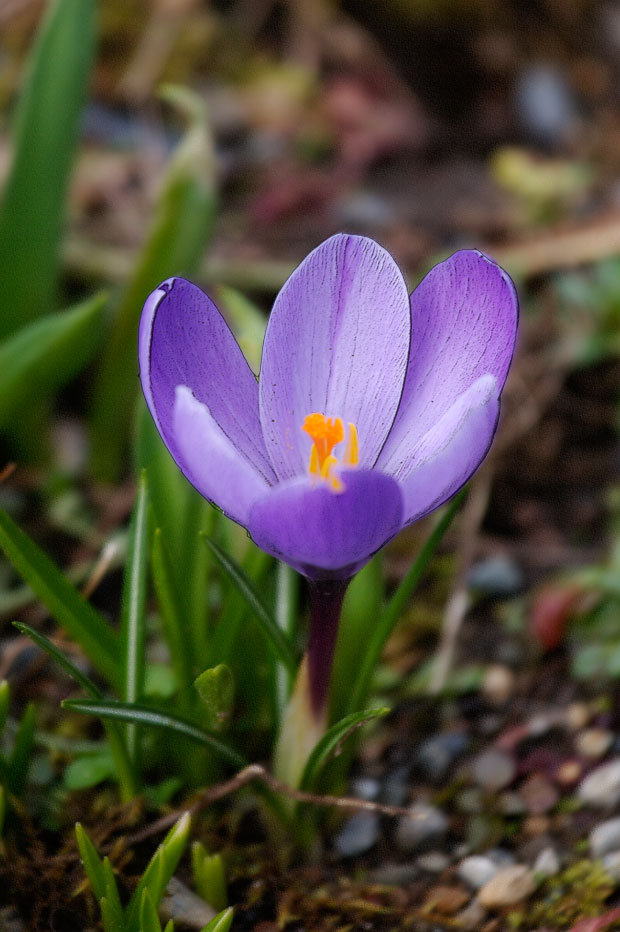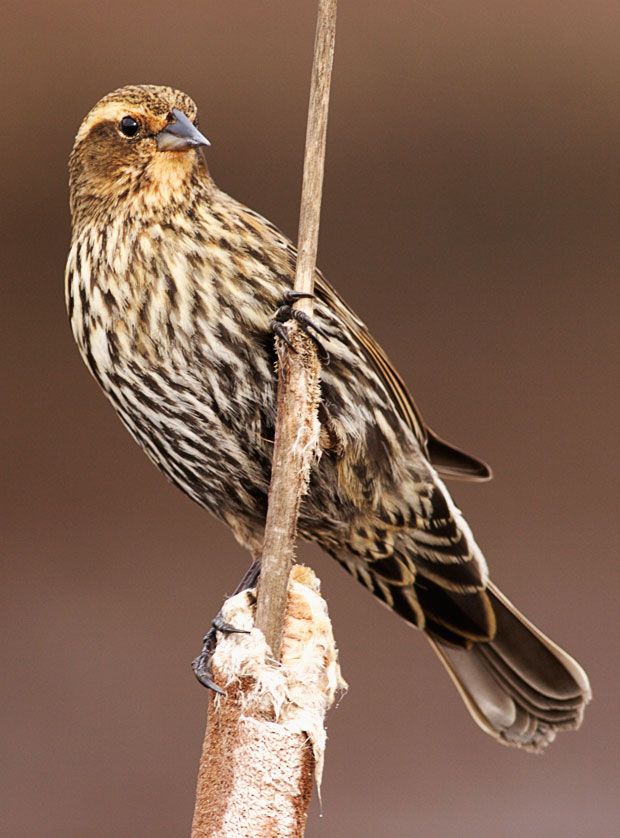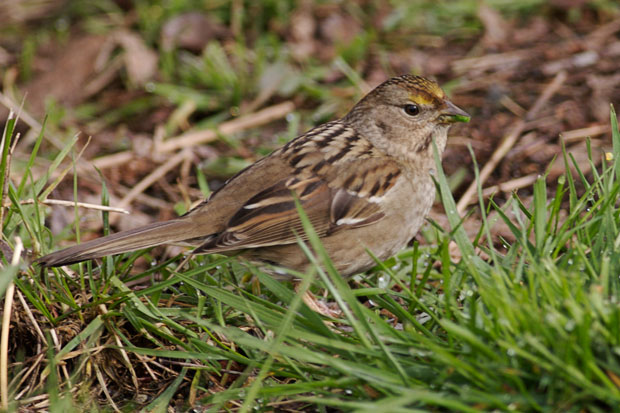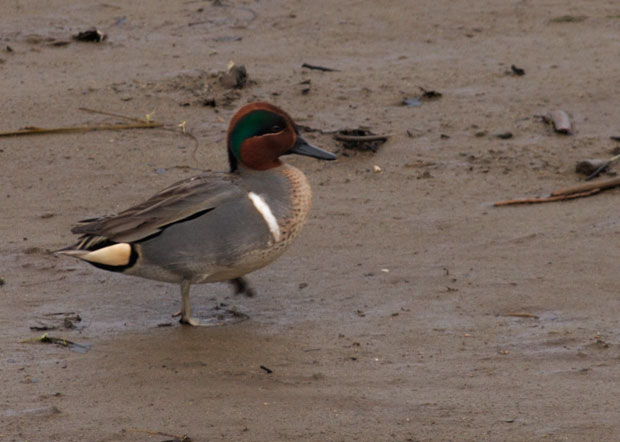Regular visitors to this site know I seldom read criticism, particularly criticism of poetry, but Mike, who generally feels the same, gave me Dana Gioia’s Can Poetry Matter? to read so I started reading it while on vacation. The book begins by attempting to answer the question asked in the title. Of course, you already know my answer, or you’ve just been visiting for the pictures.
Gioia does a good job of identifying the problem and of offering some possible solutions to it. As he points out, there is no scarcity of poetry. No, as Mike and I discussed recently, there’s so much poetry being published it’s difficult to separate the wheat from the chaff.
Seeing so much mediocre verse not only published but praised, slogging through so many dull anthologies and small magazines, most readers even sophisticated ones like Joseph Epstein now assume that no significant new poetry is being written. This public skepticism represents the final isolation of verse as an art form in contemporary society. The irony is that this skepticism comes in a period of genuine achievement. Gresham’s Law, that bad coinage drives out good, only half applies to current poetry. The sheer mass of mediocrity may have frightened away most readers, but it has not yet driven talented writers from the field. Anyone patient enough to weed through the tangle of contemporary work finds an impressive and diverse range of new poetry. Adrienne Rich, for example, despite her often overbearing polemics, is a major poet by any standard. The best work of Donald Justice, Anthony Hecht, Donald Hall, James Merrill, Louis Simpson, William Stafford, and Richard Wilbur to mention only writers of the older generation can hold its own against anything in the national literature. One might also add Sylvia Plath and James Wright, two strong poets of the same generation who died early. America is also a country rich in émigré poetry, as major writers like Czeslaw Milosz, Nina Cassian, Derek Walcott, Iosenh Brodskv. and Thom Gurin demonstrate.
Most of us seriously reading poetry would probably agree with this, though our list of the “best work” might differ from Gioia’s list. Still, poetry is too valuable to give up on because too much mediocre poetry is being published. To me, the greatest danger is that the sheer volume of poetry being written may cause me to miss someone I really would enjoy reading. Of course, that’s one of the reasons I started this site, to share ideas with others of a like mind, and I’ve not been disappointed so far. Which is not to say that I haven’t ended up reading some poetry I would have preferred not to waste my time reading. The alternative, though, is simply unacceptable to me.
Gioia also focuses on one of the common complaints about modern poetry, that it is dominated by university professors with MFA’s. While I’ll have to admit that most of my favorite poets have been professors, my ongoing exploration of Beat poets, and their heirs, has certainly made me worry a little about the good-old-boy-ism that often affects whose poems are included in an anthology or in poetry magazines:
Today poetry is a modestly upwardly mobile, middle class profession not as lucrative as waste management or dermatology but several big steps above the squalor of bohemia. Only a philistine would romanticize the blissfully banished artistic poverty of yesteryear. But a clear-eyed observer must also recognize that by opening the poet’s trade to all applicants and by employing writers to do something other than write, institutions have changed the social and economic identity of the poet from artist to educator. In social terms the identification of poet with teacher is now complete. The first question one poet now asks another upon being introduced is “Where do you teach?” The problem is not that poets teach. The campus is not a bad place for a poet to work. It’s just a bad place for all poets to work. Society suffers by losing the imagination and vitality that poets brought to public culture. Poetry suffers when literary standards are forced to conform to institutional ones.
Even within the university contemporary poetry now exists as a subculture. The teaching poet finds that he or she has little in common with academic colleagues. The academic study of literature over the past twenty five years has veered off in a theoretical direction with which most imaginative writers have little sympathy or familiarity. Thirty years ago detractors of creative writing programs predicted that poets in universities would become enmeshed in literary criticism and scholarship. This prophecy has proved spectacularly wrong. Poets have created enclaves in the academy almost entirely separate from their critical colleagues. They write less criticism than they did before entering the academy. Pressed to keep up with the plethora of new poetry, small magazines, professional journals, and anthologies, they are frequently also less well read in the literature of the past. Their peers in the English department generally read less contemporary poetry and more literary theory. In many departments writers and literary theorists are openly at war. Bringing the two groups under one roof has paradoxically made each more territorial. Isolated even within the university, the poet, whose true subject is the whole of human existence, has reluctantly become an educational specialist.
I long ago abandoned the possibility of teaching poetry at the college level because I couldn’t write good enough poetry to get hired as a poet, and I couldn’t face the kinds of papers required to obtain a PHD. I don’t have an answer to this problem, but I agree it has had a tendency to isolate poetry in the academic community and to further erode its appeal in the general public.
As a poet and critic Gioia understands the problem poetry faces:
THE MOST SERIOUS QUESTION for the future of American culture is whether the arts will continue to exist in isolation and decline into subsidized academic specialties or whether some possibility of rapprochement with the educated public remains. Each of the arts must face the challenge separately, and no art faces more towering obstacles than poetry. Given the decline of literacy, the proliferation of other media, the crisis in humanities education, the collapse of critical standards, and the sheer weight of past failures, how can poets possibly succeed in being heard? Wouldn’t it take a miracle?
Strangely, I commented on a blog yesterday that I thought the general decline in reading as entertainment because of competition from television, DVD’s, computers, and video games had had a negative effect on the reading ability of high school students. I noted that the students from Apostolic families who banned television in their homes almost universally read better than most students. On the other hand, it might seem that the lyrical poem might have the best chance of surviving in a culture that seems to have an extremely short attention span.
Gioia suggest six ways of helping to ensure poetry’s survival, three of which seem particularly relevant to me.
First, he suggests that
Poets need to write prose about poetry more often, more candidly, and more effectively. Poets must recapture the attention of the broader intellectual community by writing for nonspecialist publications. They must also avoid the jargon of contemporary academic criticism and write in a public idiom. Finally, poets must regain the reader’s trust by candidly admitting what they don’t like as well as promoting what they like. Professional courtesy has no place in literary journalism.
While I don’t consider myself a poet, this is what I’ve tried to do in my blog. Of course, I never buy a poetry book that I “don’t like,” so I rarely talk about poems I don’t like, though I will sometimes suggest I was disappointed by a book I’ve just read. Though I’m aware that students often come to my site looking for answers to teacher’s assignments, I’ve tried to promote poems that I like to anyone who likes to read. Though that’s been my intention, only my readers could truly know if I have done that.
Gioia also makes a point about anthologies or “reading lists:’
Poets who compile anthologies or even reading lists should be scrupulously honest in including only poems they genuinely admire. Anthologies are poetry’s gateway to the general culture. They should not be used as pork barrels for the creative writing trade. An art expands its audience by presenting masterpieces, not mediocrity. Anthologies should be compiled to move, delight, and instruct readers, not to flatter the writing teachers who assign books. Poet anthologists must never trade the Muse’s property for professional favors.
Though I really started this blog with the intention of using literature to point out the stupidity of our political leaders, it’s turned out that I have created the equivalent of an anthology of poems I love here. In fact, if I am thinking about a particular poet I always return here to see which of their poems I liked best. While not every poem that appears on this site is a “masterpiece,” I would argue that none of them is mediocre and all represent what I consider the best of the poets’ work that I have read.
The final point that I consider myself capable of commenting on is this one:
Poetry teachers, especially at the high school and undergraduate levels, should spend less time on analysis and more on performance. Poetry needs to be liberated from literary criticism. Poems should be memorized, recited, and performed. The sheer joy of the art must be emphasized. The pleasure of performance is what first attracts children to poetry, the sensual excitement of speaking and hearing the words of the poem. Performance was also the teaching technique that kept poetry vital for centuries. Maybe it also holds the key to poetry’s future.
While I’d agree that excessive analysis can ruin even the best poetry, when I think back to the agony of having to memorize Longfellow’s “The Village Blacksmith” and recite it in class, I rememberI hating poetry for the next ten years. I doubt that this would be the best way to present poetry to most high school students, particularly to those most apt to appreciate it, the quiet, introspective students who probably already suffer from their classmates’ scorn. As a teacher, I preferred to take a broader approach, allowing students a variety of ways to respond to the poetry they chose, varying from creating art or collages in response, answering a set of questions, writing their own poetry, or participating in small group discussions of poems they’d studied.
Like this:
Like Loading...
